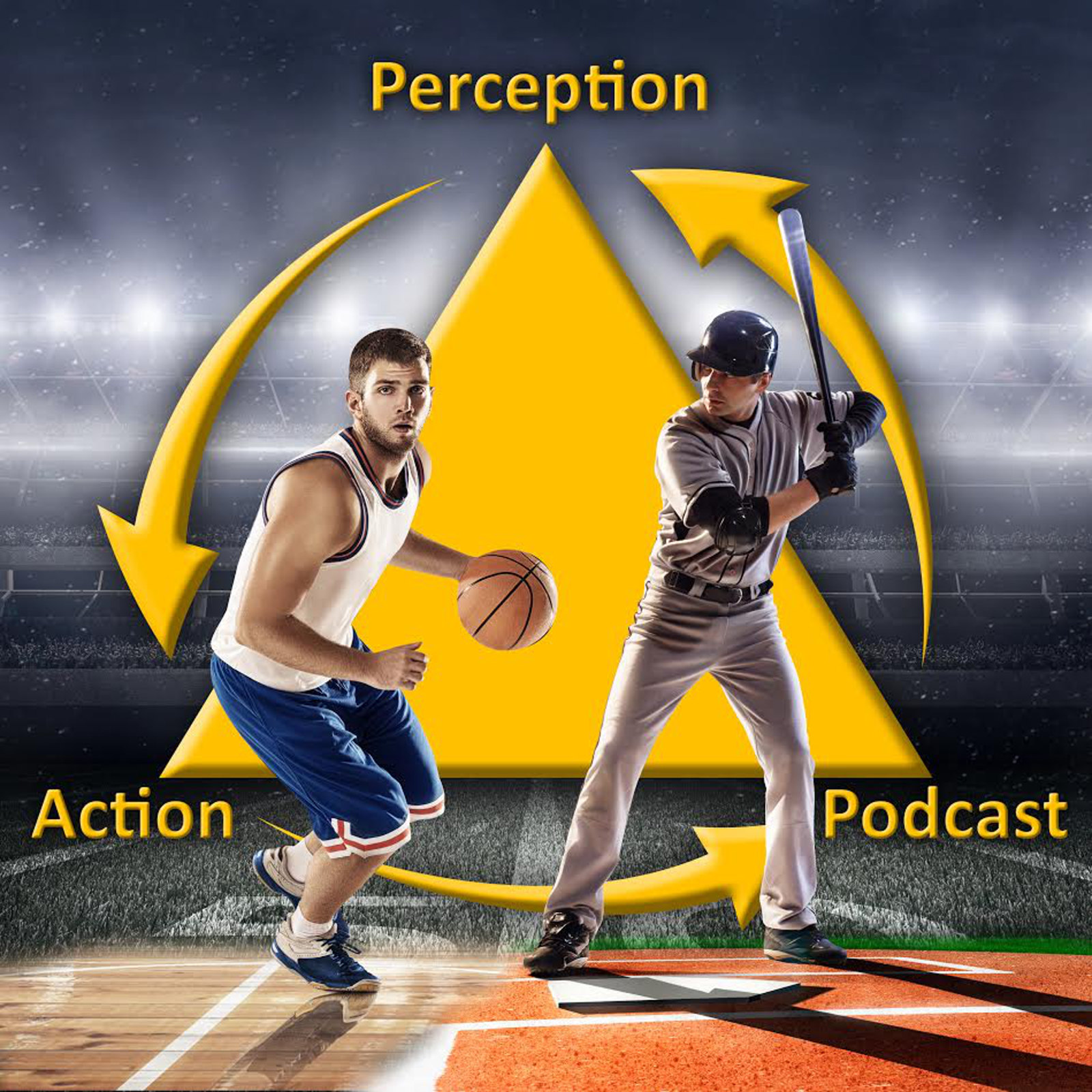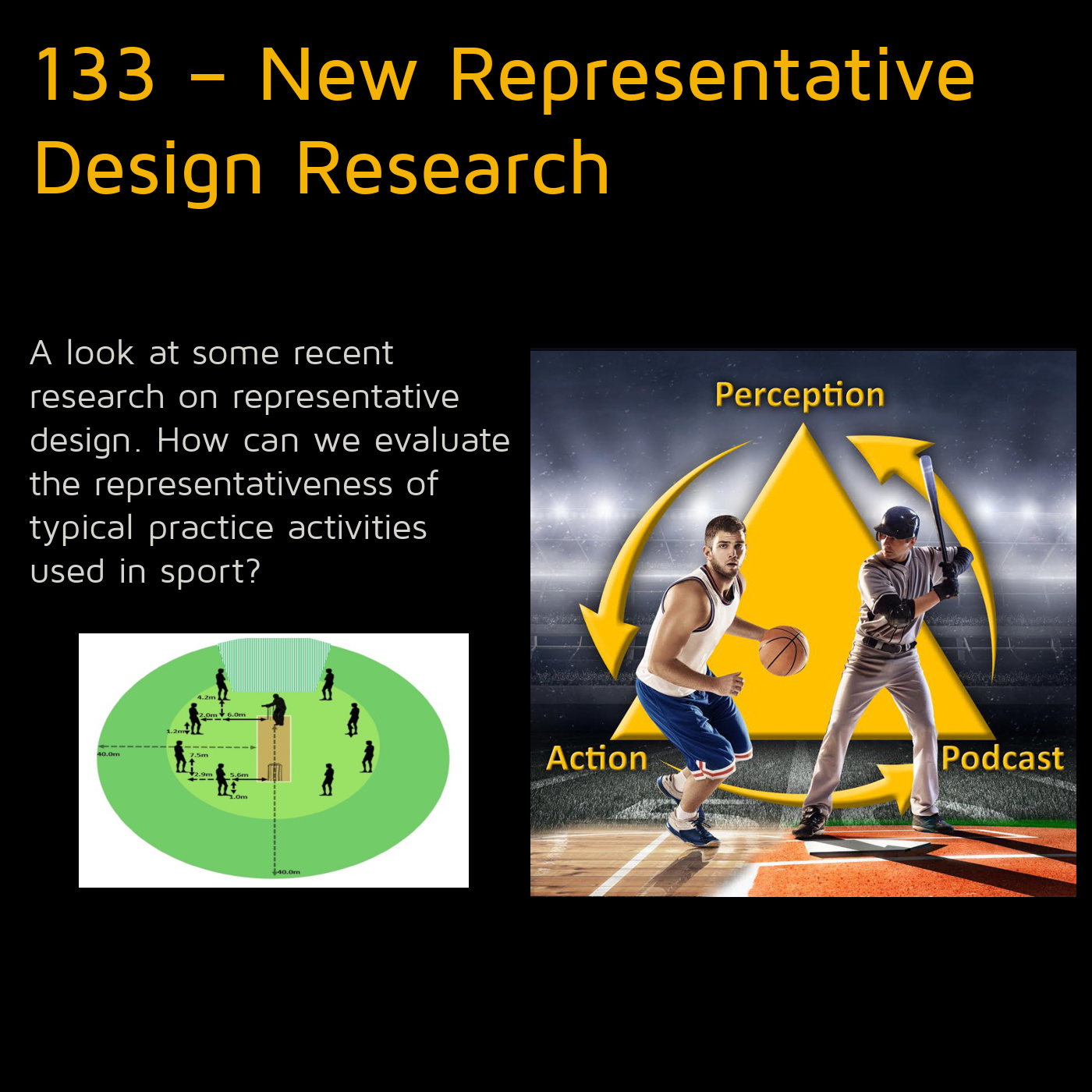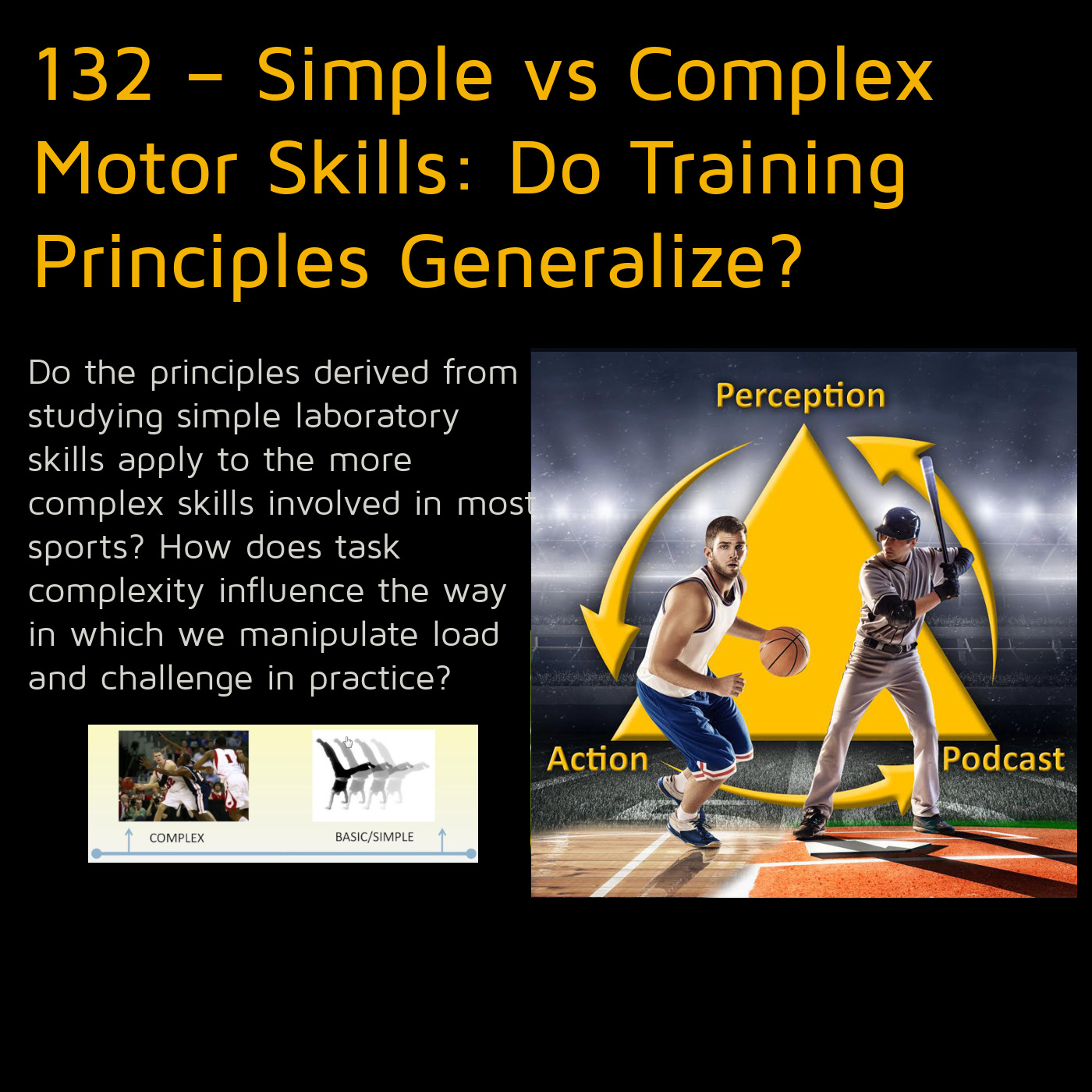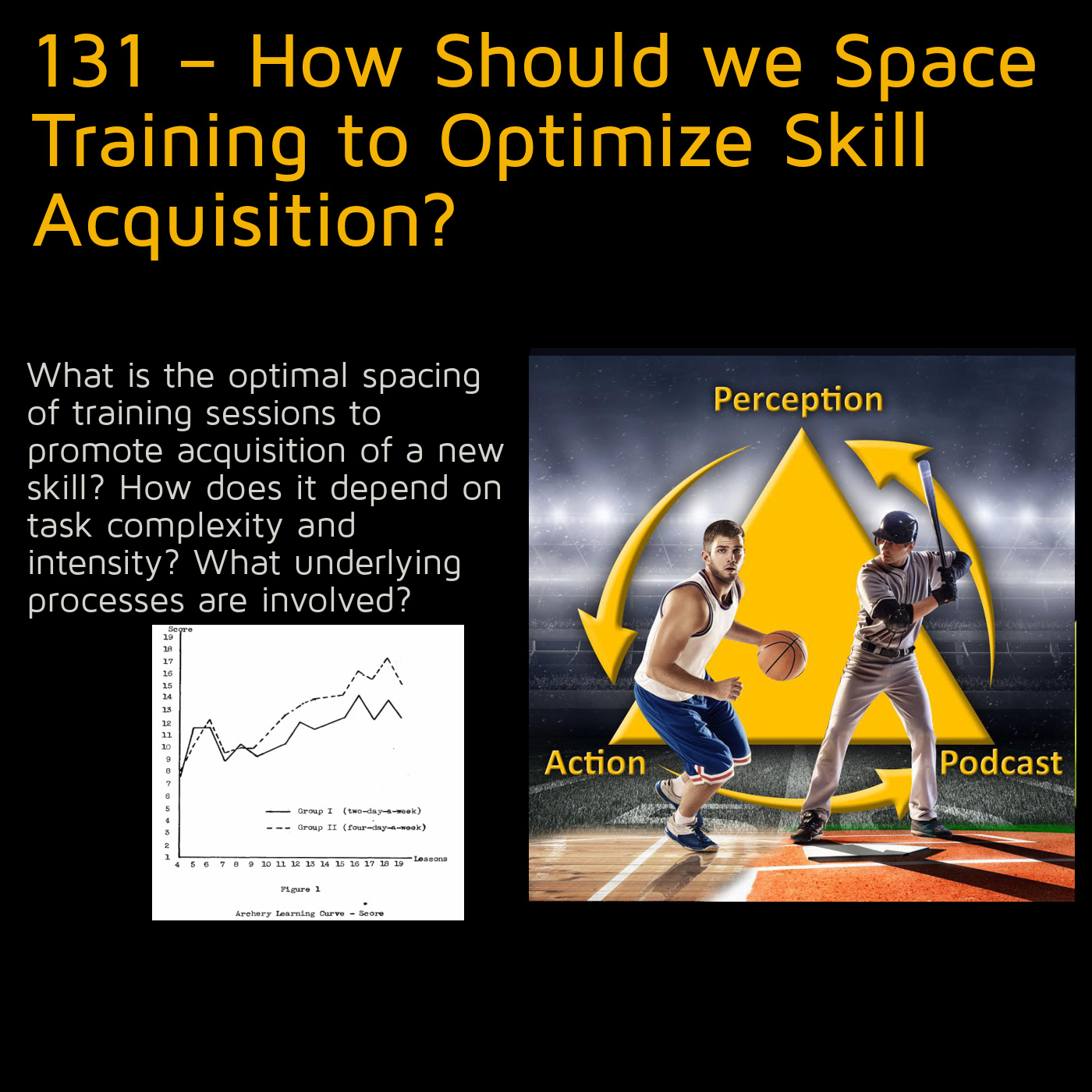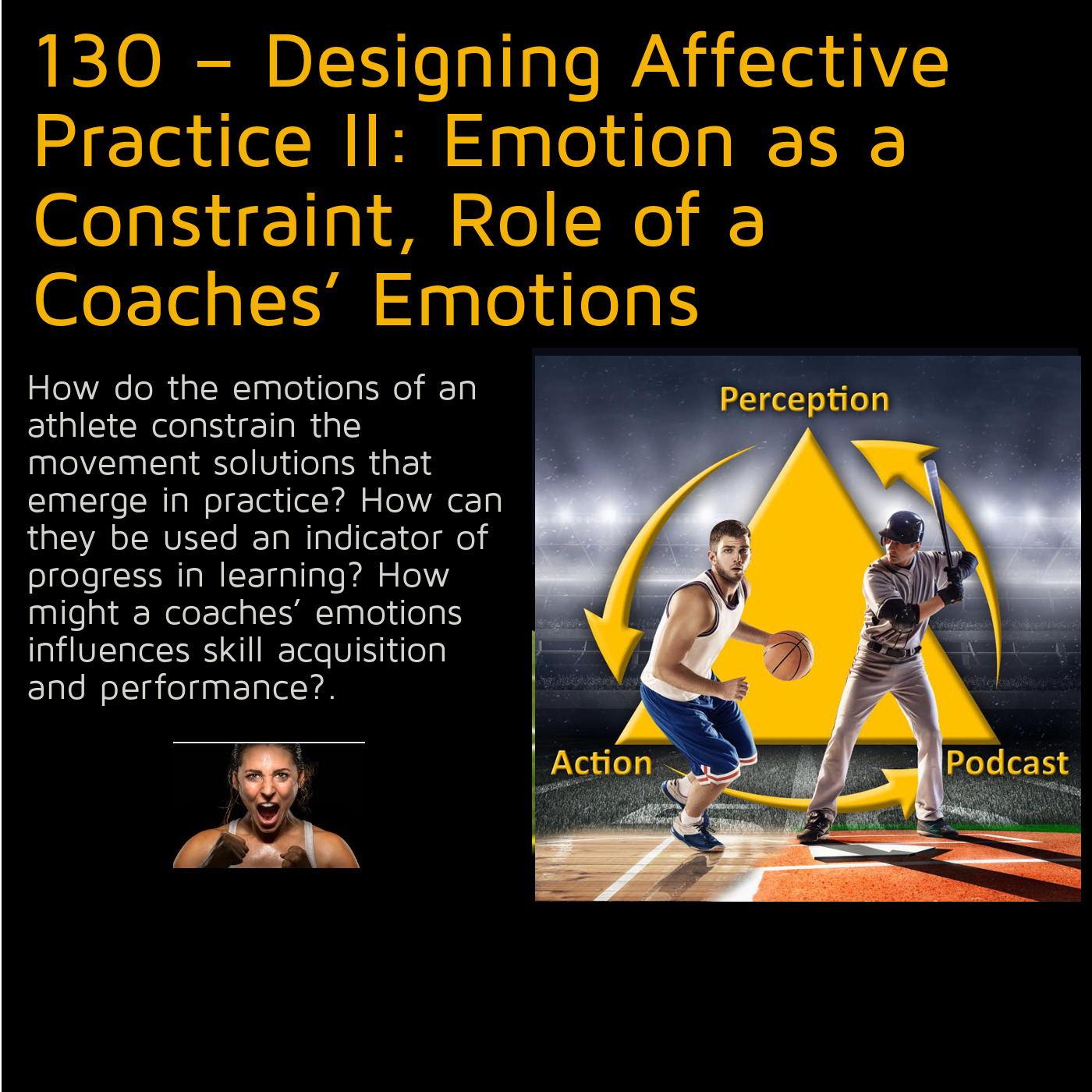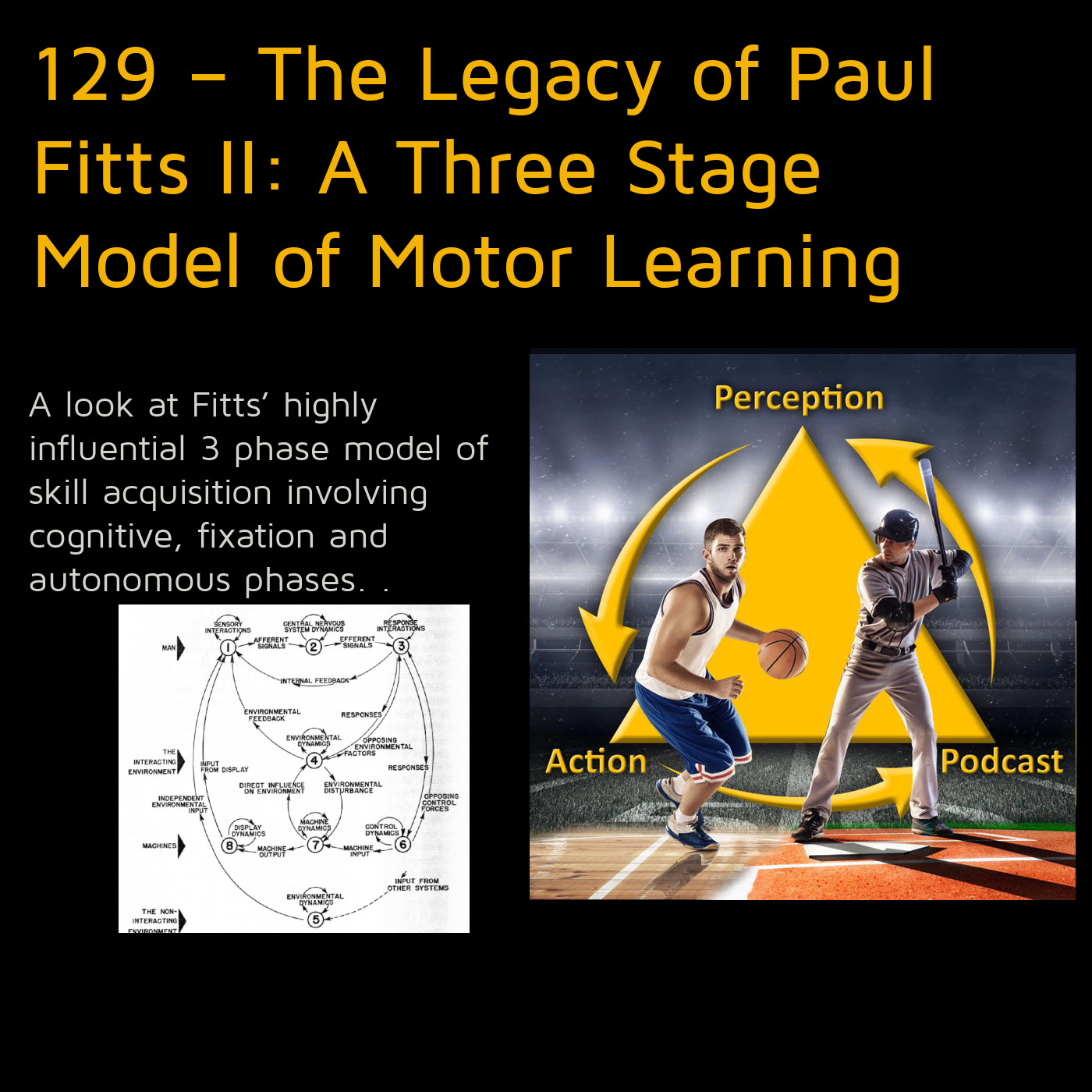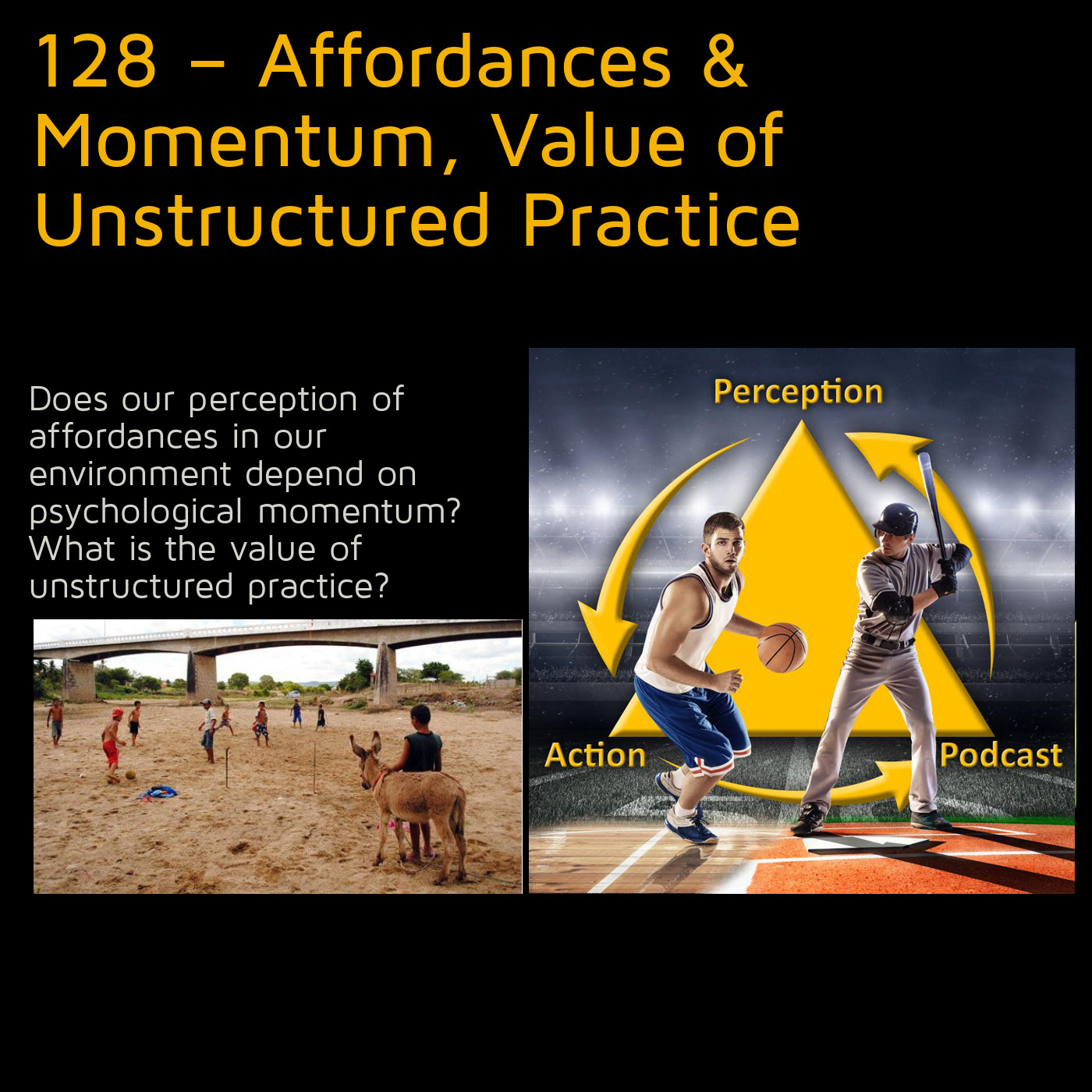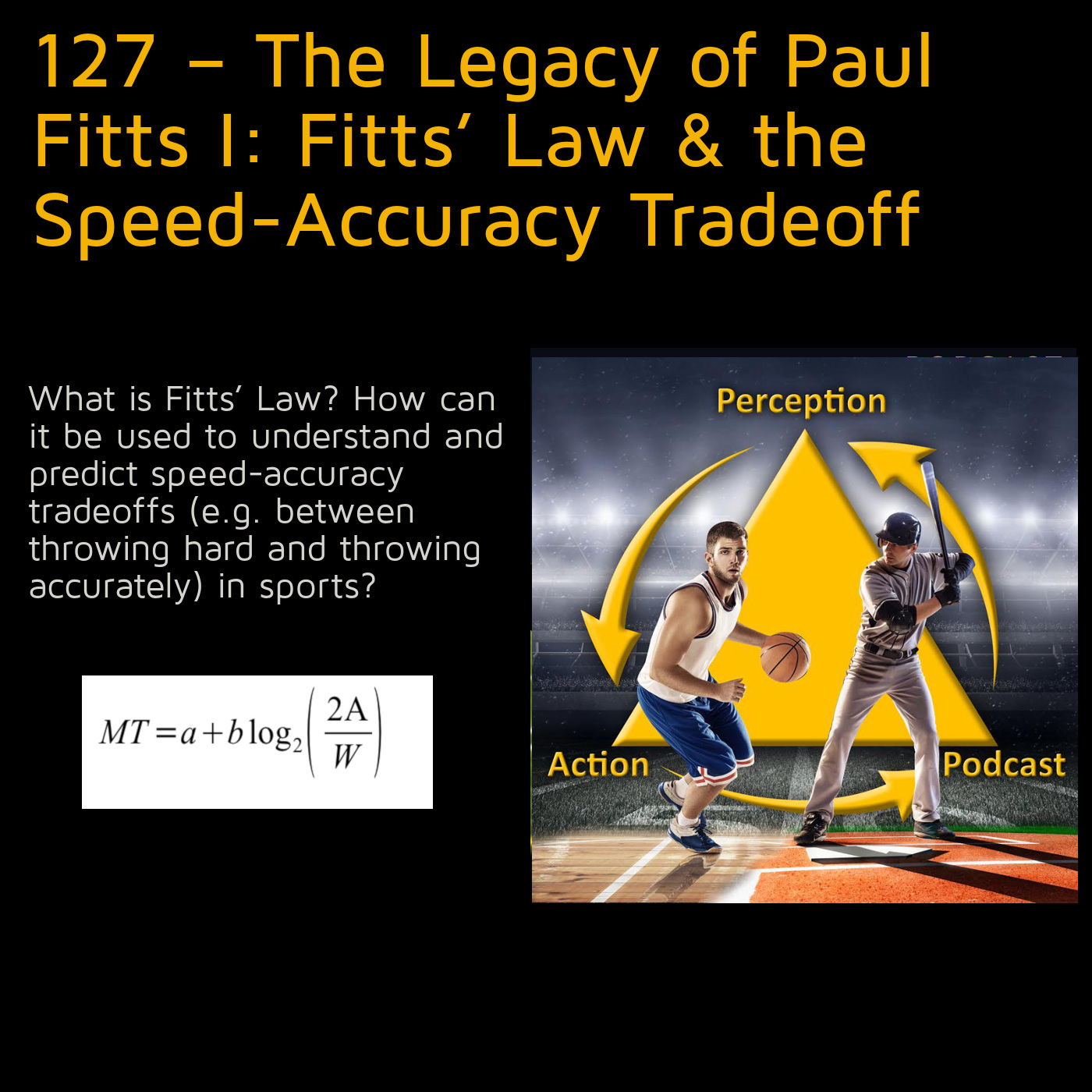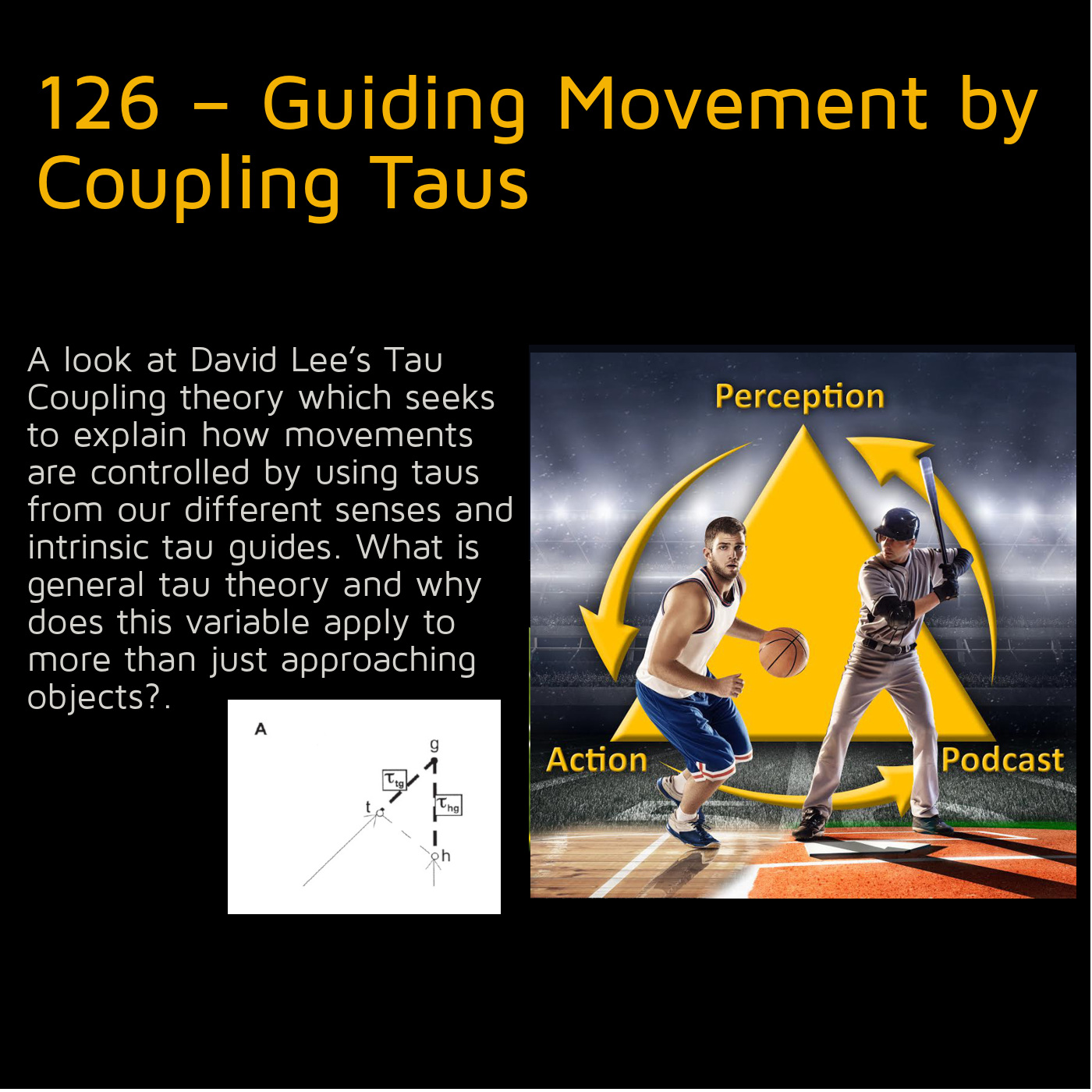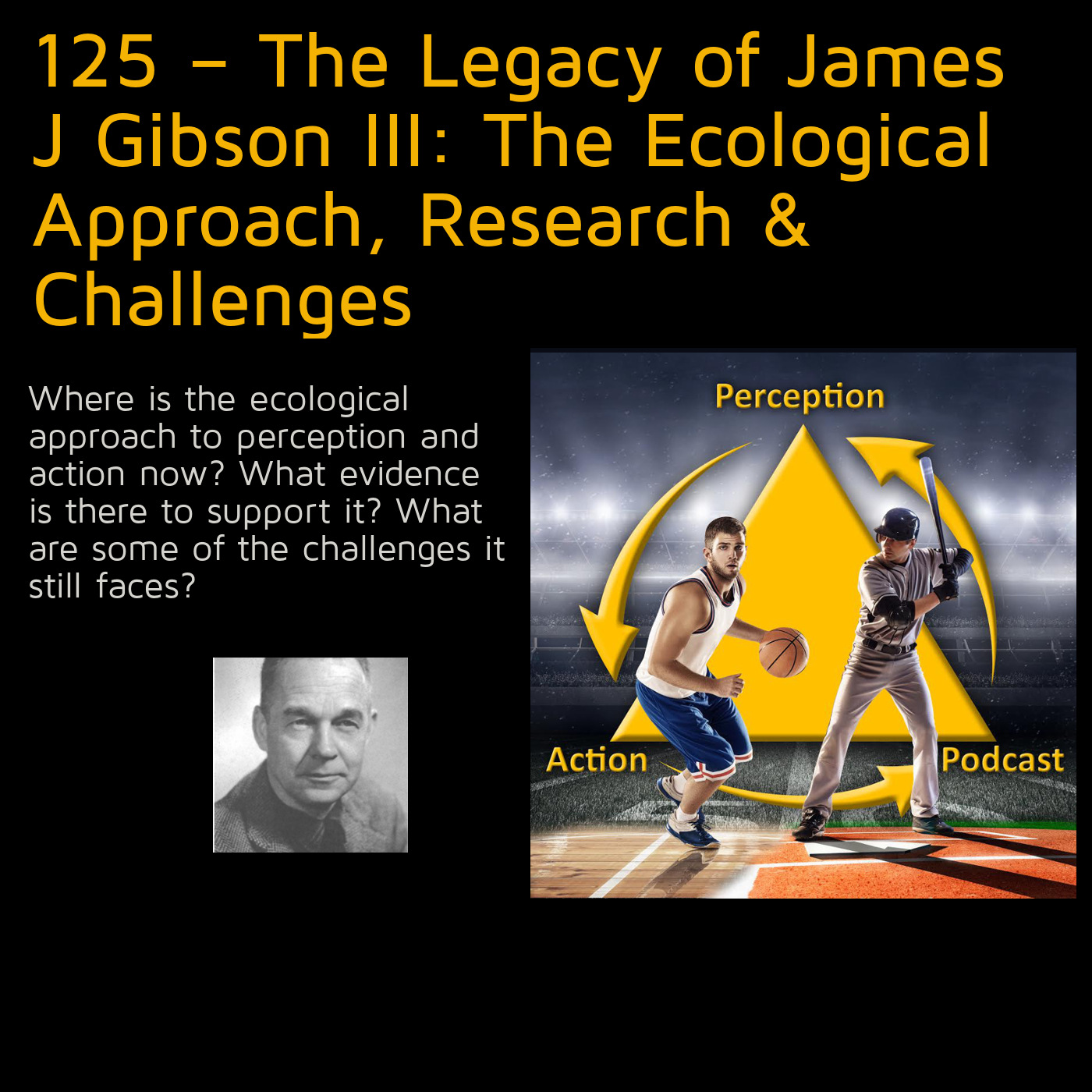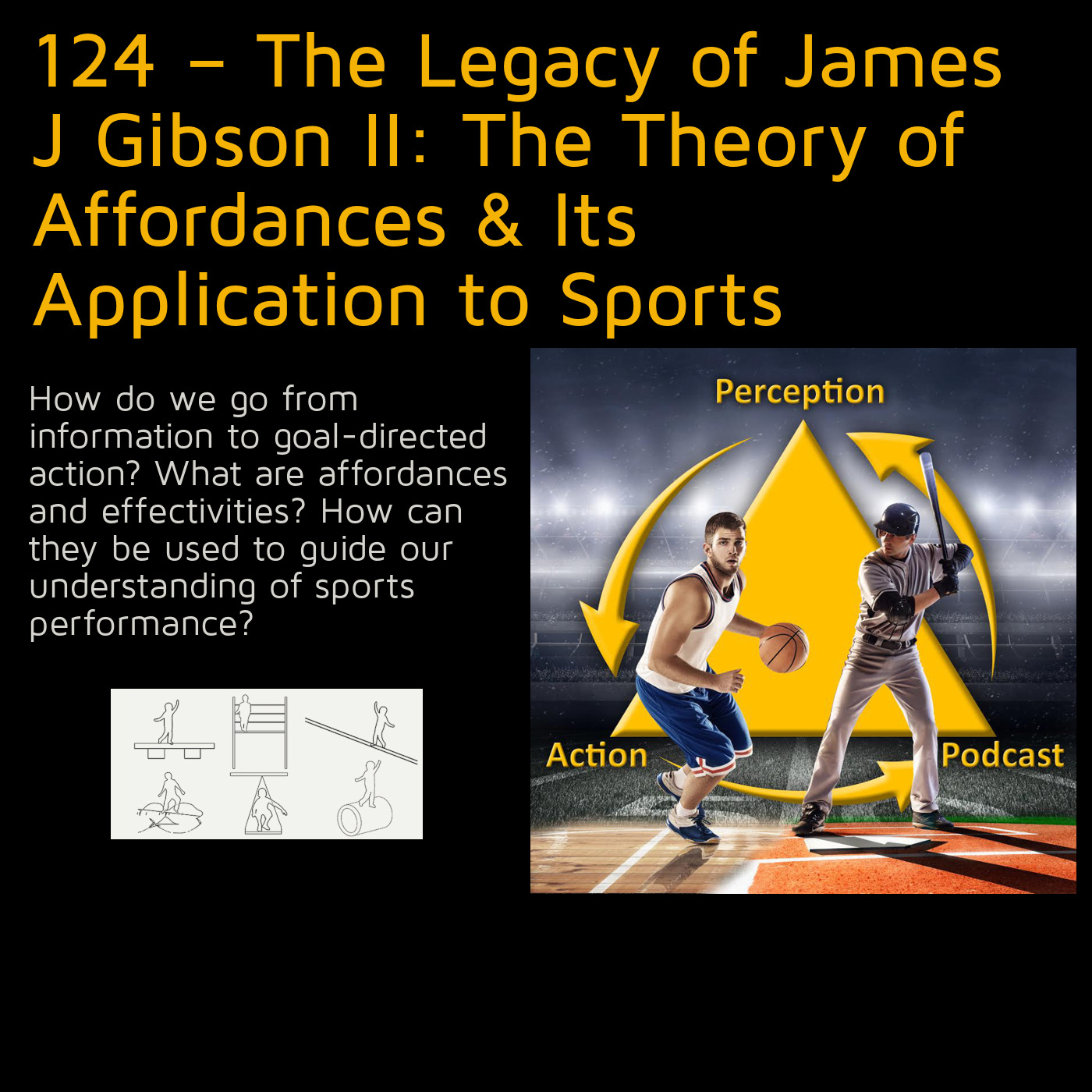133 – New Representative Design Research
133A look at some recent research on representative design. How can we evaluate the representativeness of typical practice activities used in sport? What expertise differences emerge when we evaluate athletes in a more representative test environment?Download link Articles:Application of representative learning design for assessment of common practice tasks in tennisEmergence of Skilled Behaviors in Professional,…
Read More